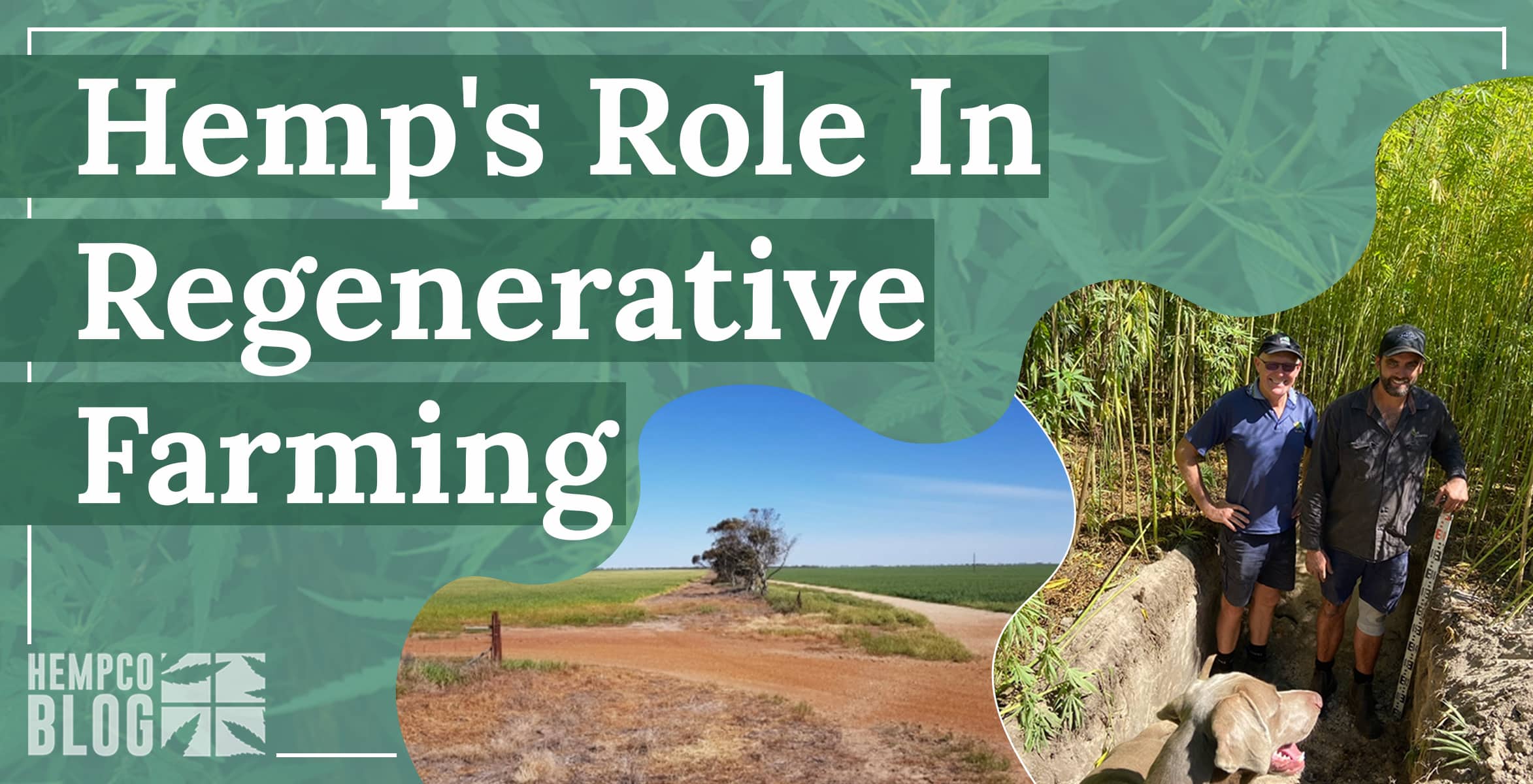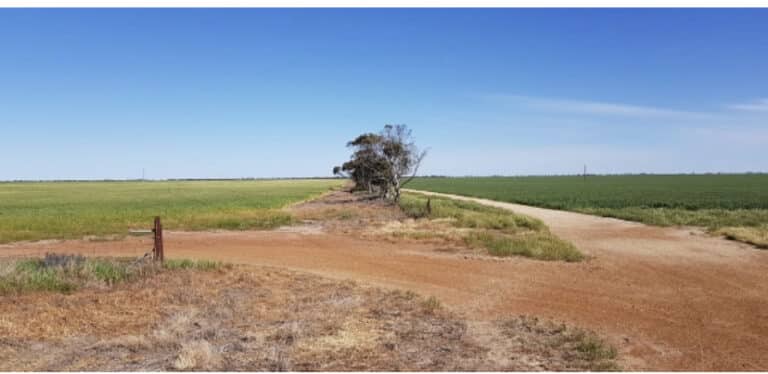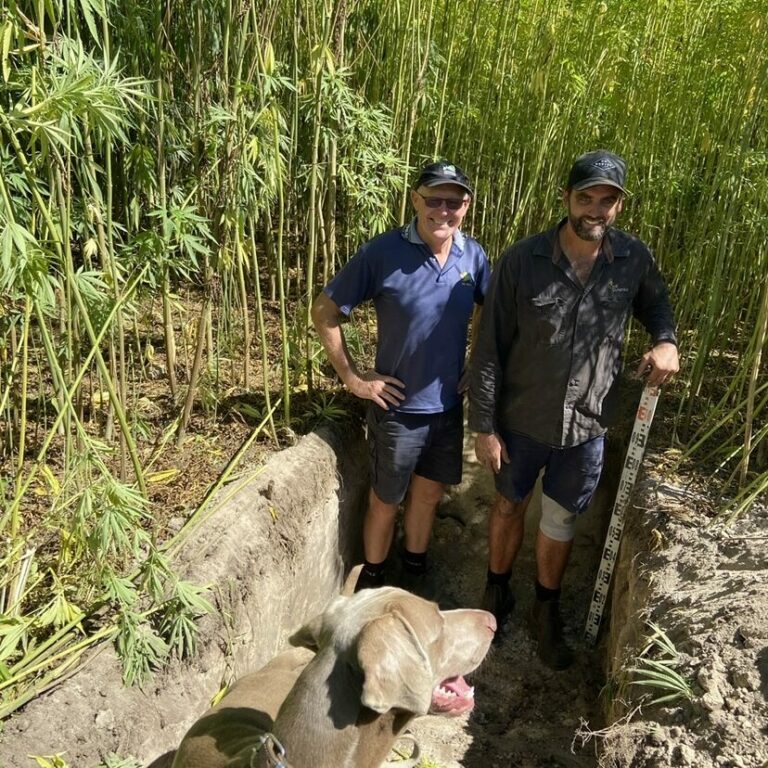
What is it, and what is hemp's role in it?
Regenerative farming is an old style of farming that can be introduced to hugely impact modern-day farming. This style of farming is much more eco-friendly and kind to the universe, not to mention kinder to your body through the food or other products we consume and use on a daily basis.
Regenerative farming includes growing food or other crops without the use of any synthetic fertilisers or pesticides and growing crops only organically. Additionally, the biggest part of regenerative farming is the regeneration of the soil by the introduction of microbes and rotating different crops throughout the land.

For a very long time, humans only grew crops using regenerative farming, but in more recent years, the introduction of industrial farming rapidly grew in popularity and became the mainstream way that farmers farmed.
Industrial farming is the typical style of farming that most people are used to seeing. Industrial farmers rely heavily on the use of pesticides and fertilisers for growing crops and maintaining healthy land. However, as we know now, the use of pesticides and fertilisers has a serious environmental impact - as well as a big impact on the health of our bodies!
In comparison, regenerative farming is a much more natural form of farming that relies on specific crops and nature to fertilise crops and regenerate the soil that has been used. It is a hugely environmentally friendly way of farming and, of course, is much more natural and provides better nutrients for our bodies when we eat crops that have been grown with regenerative farming instead.
With farming being the central topic around climate change and the rapid global warming in large due to the massive amounts of greenhouse gases that are emitted during industrial farming, something absolutely has to give. This is where regenerative farming comes in and offers an eco-friendly and environmentally sustainable farming alternative.
Regenerative farming believes in working with nature. The simple process is done by planting crops in their native soil outdoors and then regenerating the soil during the off-season. Regenerating the soil in a natural and environmentally friendly way includes adding microbes, compost and animal droppings from the surrounding areas to the soil and allowing nature to do its job.
The combination of these natural ingredients will automatically boost the used soil’s health and get it ready for new crops the following season.
Not only does regenerative farming not harm the environment, but it can actually benefit it too! Using some specific plants that can help provide plenty of natural microbes for the soil will also provide a hugely enviormetally beneficial thing: Carbon sequestration. Carbon sequestring plants are plants that absorb carbon from the atmosphere - essentially helping the planet to stop warming up and playing a vital role in reducing climate change.
By now, you’re on board; clearly, regenerative farming is absolutely the next step forward and a method that all farmers need to get looking into. So, you might be wondering - what is hemp’s role in regenerative farming? Well, don't worry; like pretty much everything else, this miracle plant absolutely has a massive and important role in regenerative farming.

Hemp can be used as one of those crops that farmers can use while growing other crops as a way of regenerating the soil and reducing carbon. Let's take a look at hemp’s benefits as a crop for regenerative farming:
Yep, hemp truly is an absolutely super plant with a huge amount of benefits that can be had from adding this crop to every farmer’s land. Regenerative farming is the way forward, and hemp needs to be at the forefront of this huge farming change.
With more research and support from the Australian government, hemp can definitely be put into place as a regenerative farming crop.
By working with nature instead of against it, we can accomplish huge things and truly start making a turn on the global rising that we, humans, are solely responsible for.
Hemp is most definitely coming out as a leading solution to many parts of global warming and is often a very easy solution to a significant task that seems very daunting.